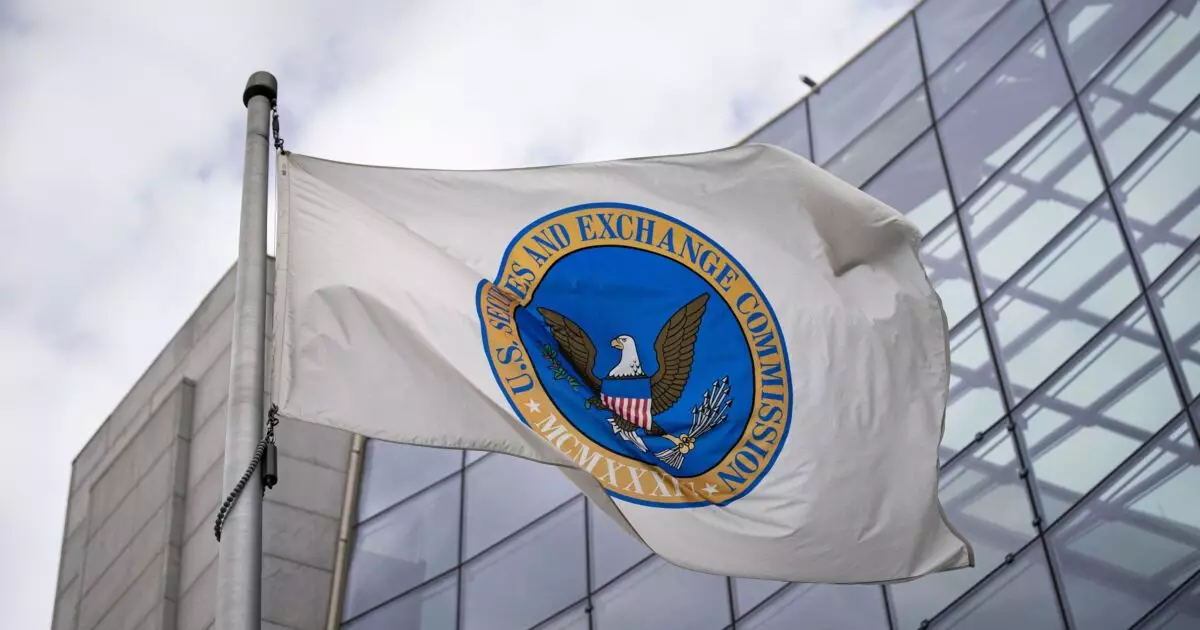In a surprising twist, the American Securities Association (ASA) has taken a bold stand against what they perceive as an unconstitutional structure underlying the Municipal Securities Rulemaking Board (MSRB). Their challenge to the Securities and Exchange Commission (SEC) signals a watershed moment in regulatory history, especially given the ASA’s assertion that the MSRB’s current framework violates fundamental legal principles. This is not merely a procedural dispute; it questions the legitimacy of oversight structures that are supposed to govern an entire facet of our financial system.
The Stalling of Progress
The recent decision by the U.S. Court of Appeals for the Eleventh Circuit to stay proceedings until August appears to be a tactical retreat more than a strategic advancement. Initially opposed to the SEC’s request for a delay, the ASA shifted gears to grant this, seemingly in response to the SEC’s announcement that it would pause rule implementation over which the dispute largely revolves. Yet, one has to wonder: is this willful stalling serving the interests of the market or merely delaying an inevitable confrontation?
Trade Associations: Advocates or Barriers?
As a nonprofit trade association, one would hope that the ASA prioritizes the interests of its members and the integrity of the market. However, their legal battle raises questions about whether they are acting as true advocates for reform or as barriers to necessary regulatory progress. By challenging the SEC’s rule changes, which seek to shorten the reporting timeframe for municipal securities, the ASA seems to obstruct measures that could enhance market transparency—a cornerstone of sound financial ethics. One must consider if this is truly a battle for better oversight or simply a defense of outdated practices.
Rethinking Regulatory Relationships
The uncertainty that has arisen because of this legal fight is symptomatic of a broader struggle regarding regulatory relationships in our financial landscape. The SEC is tasked with upholding market integrity, but the ASA’s grievances suggest a disconnect between regulatory intent and execution. As the MSRB contemplates revising rules in light of pressure from the ASA and others, it becomes clear that the relationship is not solely adversarial; it needs to evolve toward collaboration. Financial governance shouldn’t just be about power plays; it should be about fostering an ecosystem where innovation can thrive alongside consumer protection.
The Broader Implications
This unfolding story is about more than just one regulation or one trade association; it encompasses the delicate balance of authority in our financial system. A ruling in favor of ASA could set a formidable precedent that erodes the efficacy of regulatory bodies, essentially creating a blueprint for future challenges to oversight mechanisms. Conversely, a decision affirming the SEC’s authority might restore faith in structured governance but could also embolden overreach.
The ASA’s legal stance is a litmus test for our willingness to broker a functional relationship between regulators and financial intermediaries, and we must remain vigilant about the impacts such litigation might wield on the future of our markets.


Leave a Reply